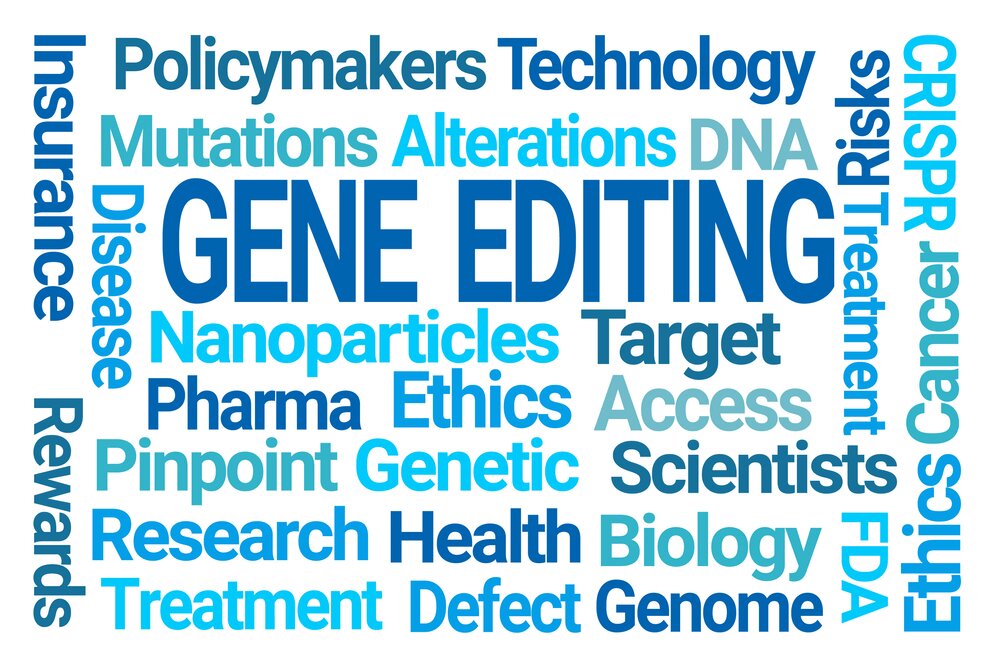Studies that sequence the entirety of an individual’s DNA are known as whole-genome studies. They can generate incredible amounts of information valuable to the researchers and the participants of a study.
However, when you study all of a person’s DNA, invariably you get information and results that are not linked to the study. These incidental findings can, at times, be of clinical and personal value to the participants even though it is outside the scope of the study.

In these cases, the question is do you tell the participant?
It’s a dilemma that faces many researchers, including Dr. Anna Middleton of the Wellcome Trust Sanger Institute.
Dr. Middleton is an ethics researcher and a genetic counselor who has been leading the ethical component of the Deciphering Developmental Disorders Study. This study is a whole-genome study designed to discover the genetic cause of developmental disorders.
She writes: “Many feel it is unethical to withhold incidental findings that have the potential to affect health decisions...Others feel it is too soon to be offering such information, particularly in a research context, where clinical interpretation may be difficult.”
This is the crux of the problem. On the one hand, there is a personal need to inform participants of potentially life-changing or threatening conditions and information that is present in their genetic information.
On the other hand, there is the possibility that clinical interpretations are wrong.
Genetic research is still in its infancy meaning that social science research into the implications of genomic research is still in the womb.
There are few studies focused on how genomic information should be shared with participants and no governmental or scientific guidelines for how to do this.
Consider, what would you do if you were studying a child’s DNA to establish where a genetic disorder came from. In the process, you discover that the child is not genetically related to their father.
Would you tell the parents? What if the father didn’t know?
How about if you discovered that the child carried markers that may mean they are at risk of developing a life-limiting illness? Would you tell the parents? What if that knowledge changed the way they lived their lives? What if that child never went on to develop that condition?
Conversely, what if you didn’t tell them and they didn’t have a chance to respond?
It’s a difficult scenario but one that is faced daily by genomic researchers.
There is some precedent in other research fields, particularly in medical imaging and single genome studies. However, whole-genome research presents different problems.
Mainly, the sheer amount of incidental findings that can be discovered when you process the entirety of a person’s DNA.
How do you decide what is relevant and pertinent to share? How would all that information impact the participant?
These are questions that Dr. Anna Middleton continues to explore with her colleagues. One of her studies entitled ‘Your DNA, Your Say’ was turned into a series of short films that can be viewed here.
One thing is certain. As genomic research continues to go from strength to strength, the ethical considerations also grow.
